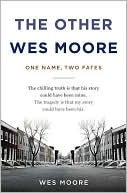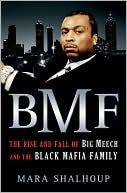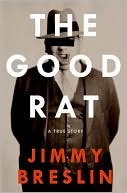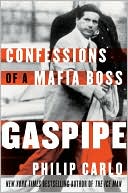Diary of an Undocumented Immigrant
Translated from the Spanish by Dick J. Reavis, this is a highly literate autobiographical account of survival as a "wetback" or "mojado", to use the author's own words. The narration begins with Tianguis' life in rural central Mexico and follows his trials, tribulations and surprises in crossing the border with the help of "coyotes", and making his way to menial jobs in Houston, San Antonio, Los Angeles and Chicago. Diary affords the reader an unexpurgated look at the United States, its...
Search in google:
Translated from the Spanish by Dick J. Reavis, this is a highly literate autobiographical account of survival as a "wetback" or "mojado", to use the author's own words. The narration begins with Tianguis' life in rural central Mexico and follows his trials, tribulations and surprises in crossing the border with the help of "coyotes", and making his way to menial jobs in Houston, San Antonio, Los Angeles and Chicago. Diary affords the reader an unexpurgated look at the United States, its economy and culture from the perspective of that so often maligned and misunderstood immigrant: the undocumented worker. Publishers Weekly Perez, an undocumented worker from a small town in Oaxaca, depicts his life over a period of several years in the States in the mid-1980s, ending with his return to Mexico after the passage of the Simpson-Rodino immigration law. When he tells of crossing the border under the watchful eye of the guides who take illegals into the U.S., the book resembles a Jim Thompson thriller--a nicely observed narrative recounted in a flat, amoral tone, casually littered with atmospheric detail from the seamy underside. Once Perez arrives in the States, the book is uneven, veering in tone between the blue-collar rhythms of Richard Price and tedious nostalgia for Perez's village. The biggest drawbacks, however, are the fault of the publisher. First, there is no supporting material to put Perez's experience into a historical context, in spite of references to a 1950s program allowing part-time Mexican agricultural workers in the U.S. The more glaring flaw is a translation that swings wildly between a Hollywood idea of how peasants speak, bad pseudo-poetry (``Parts of the dump are like lakes of sour water on which an infinitude of trash is floating'') and mistranslated idioms. (Aug.)
\ Publishers Weekly - Publisher's Weekly\ Perez, an undocumented worker from a small town in Oaxaca, depicts his life over a period of several years in the States in the mid-1980s, ending with his return to Mexico after the passage of the Simpson-Rodino immigration law. When he tells of crossing the border under the watchful eye of the guides who take illegals into the U.S., the book resembles a Jim Thompson thriller--a nicely observed narrative recounted in a flat, amoral tone, casually littered with atmospheric detail from the seamy underside. Once Perez arrives in the States, the book is uneven, veering in tone between the blue-collar rhythms of Richard Price and tedious nostalgia for Perez's village. The biggest drawbacks, however, are the fault of the publisher. First, there is no supporting material to put Perez's experience into a historical context, in spite of references to a 1950s program allowing part-time Mexican agricultural workers in the U.S. The more glaring flaw is a translation that swings wildly between a Hollywood idea of how peasants speak, bad pseudo-poetry (``Parts of the dump are like lakes of sour water on which an infinitude of trash is floating'') and mistranslated idioms. (Aug.)\ \








